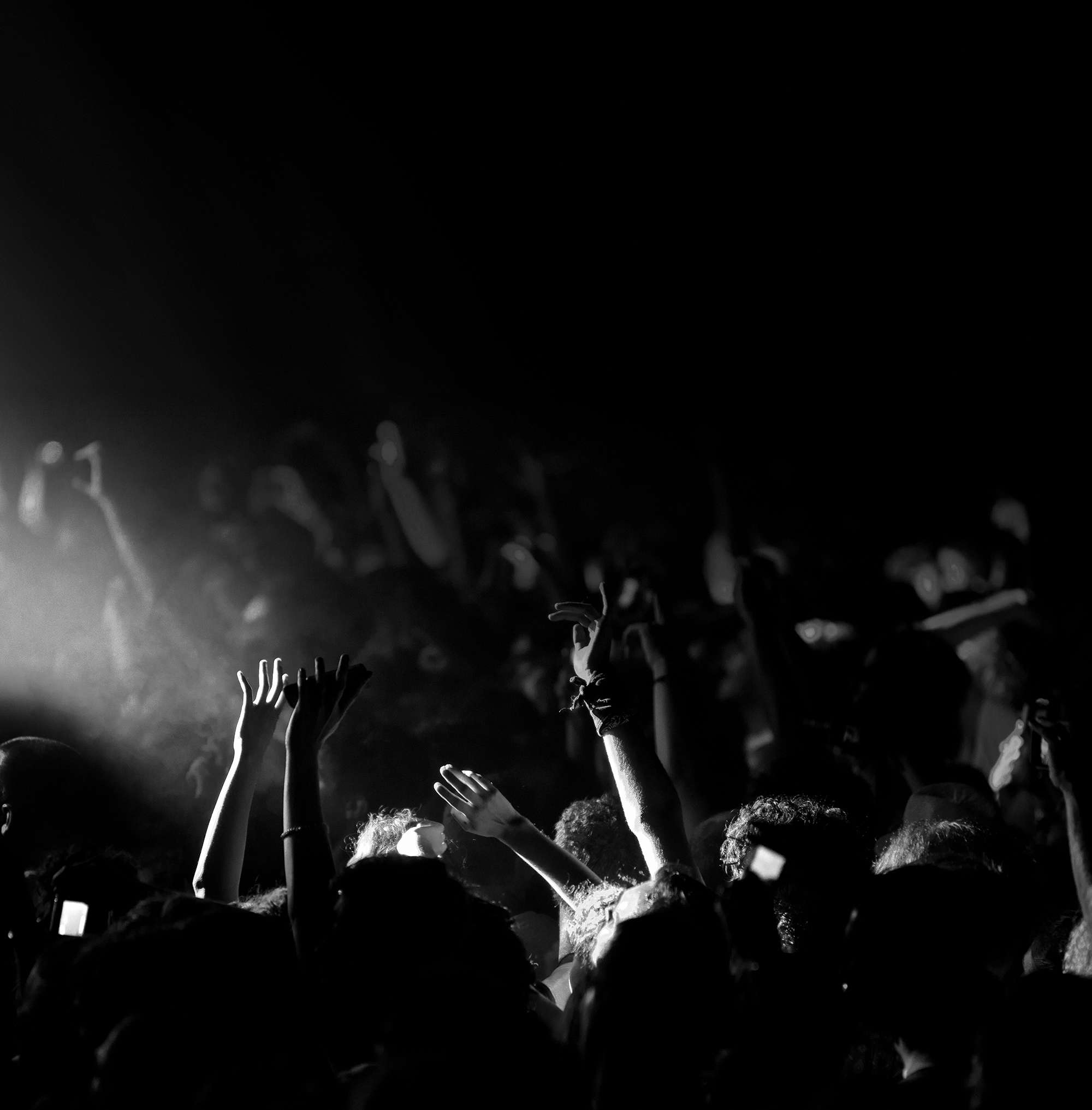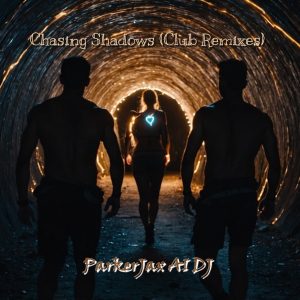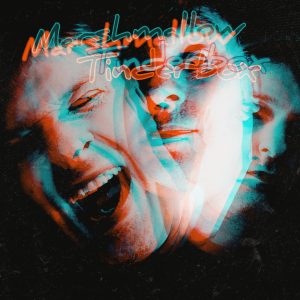Music and dating can overlap in many practical ways. Couples use music to set the tone, share parts of themselves, and talk about things they care about. The way music is used can say a lot about how people connect.
Shared Playlists, Shared Connection
Research in Frontiers in Psychology explains that music can cause people to feel more in sync with each other. This is due to how music activates reward circuits in the brain during moments of social bonding. When people listen to music together, this synchrony can make them feel closer. There are two common uses at play: music for showing attractiveness and music for making bonds tighter.
If two people share a taste in music, it often leads to more personal conversations. These discussions might touch on moods, personal memories, or daily routines. Many couples report that music helps them open up, especially when they struggle to find common topics. In early dating, asking about music is a low-pressure way to start talking.
Music Preferences: More Than Background Noise
A 2018 study cited by The Harvard Crimson looked at popular song lyrics between 1960 and 2010. Over sixty-seven percent of those songs mention love or relationships. This points to how closely tied music is to romance in popular culture.
People often use playlists as a way to show their personal tastes and values. When someone shares a playlist, it gives clues about what they enjoy and how they see the world. Some find music taste very important when thinking about long-term compatibility. If music means a lot, finding someone with similar tastes can remove some early barriers to connection.
Dating apps now let people list their top artists, favorite songs, or recent listens. This makes it easier for users to find shared interests before meeting up. Music becomes a first filter, giving both sides a sense of what social norms and interests might match.
The Emotional Side of Music Sharing
Music often helps people talk about feelings they find hard to express aloud. When two people share a song, the meaning can be clear without any words being said. According to research in Frontiers in Psychology, music creates emotional responses over half the times it’s played.
Having music in common can set the mood for dates or help manage nerves. Some couples create “couple’s playlists” that grow over time, documenting songs with personal stories attached to them. This habit can turn music into a record of milestones, which adds structure to personal history.
How Music Shapes Comfort and Familiarity in Dating Dynamics
Listening to music from different time periods can highlight age differences in a relationship. Some couples enjoy comparing playlists from different decades, and sometimes, those years apart become part of the fun. For example, dating an older guy might mean hearing songs you have never heard before or going to concerts for acts that are new to you. These small details can make each date feel unique.
Others might find themselves trading songs tied to memories from childhood or high school, building comfort over shared favorites and new discoveries. A familiar tune can ease awkward moments and help both people open up. Music has a simple way of making conversations flow more easily, even during new or less certain phases of dating.
Music Across Cultures: Beyond Lyrics
Music can connect people from different cultures by letting them share feelings and stories without needing a common language. A report in Open Research Europe points out that music supports all main parts of love. This includes passion and loyalty at every stage of a relationship.
When two people do not have the same first language, sharing songs creates a new path for understanding emotional roots. Even when lyrics are hard to follow, music can set a mood that words would not. These shared musical moments can open the door to more topics about personal backgrounds or traditions.
Music as Conversation: Unspoken and Specific
Music can serve as a form of communication when speaking openly is difficult. Some people find it easier to pick a song that matches their mood than to talk about feelings. When couples are upset, they might avoid arguments by sending each other songs to describe how they feel.
A study in Frontiers in Psychology says music brings on emotions more than half the time someone listens to it. This can help tell a partner about sadness, stress, or even comfort without using direct speech. Music gives a way to make hard topics less personal and easier to face.
Risks of Overusing Music in Dating
There can be drawbacks if too much weight is put on music taste. Sometimes, two people might not like the same style of music at all. This can cause friction if both sides care about their own playlists more than getting to know each other.
There is also the risk of using music as a mask. If someone picks songs only to impress, this can give a mixed or false idea about who they are. Over time, real personality and values will show through daily habits, not just musical choices. While music can open doors, relying on it too much may distract from building deeper trust.
Should You Use Music to Guide Dating Choices?
Music provides a clear way to open up in the early stages of dating, and it can help build trust over time. It also allows people to share memories, deal with silence, and break cultural differences.
Research supports the idea that shared musical tastes may make it easier to connect. Still, using music as the only path to finding a match is not a guarantee for future happiness. Tastes can change, and music is only one part of the many things that create a stable relationship. Being honest about what matters most, and using music to support rather than lead, helps build real connections.
Music can make the early work of dating smoother, and it can add comfort and meaning in a relationship. When used in balance, it is a helpful tool for learning about someone’s values, finding comfort in quiet moments, and building a lasting bond.







